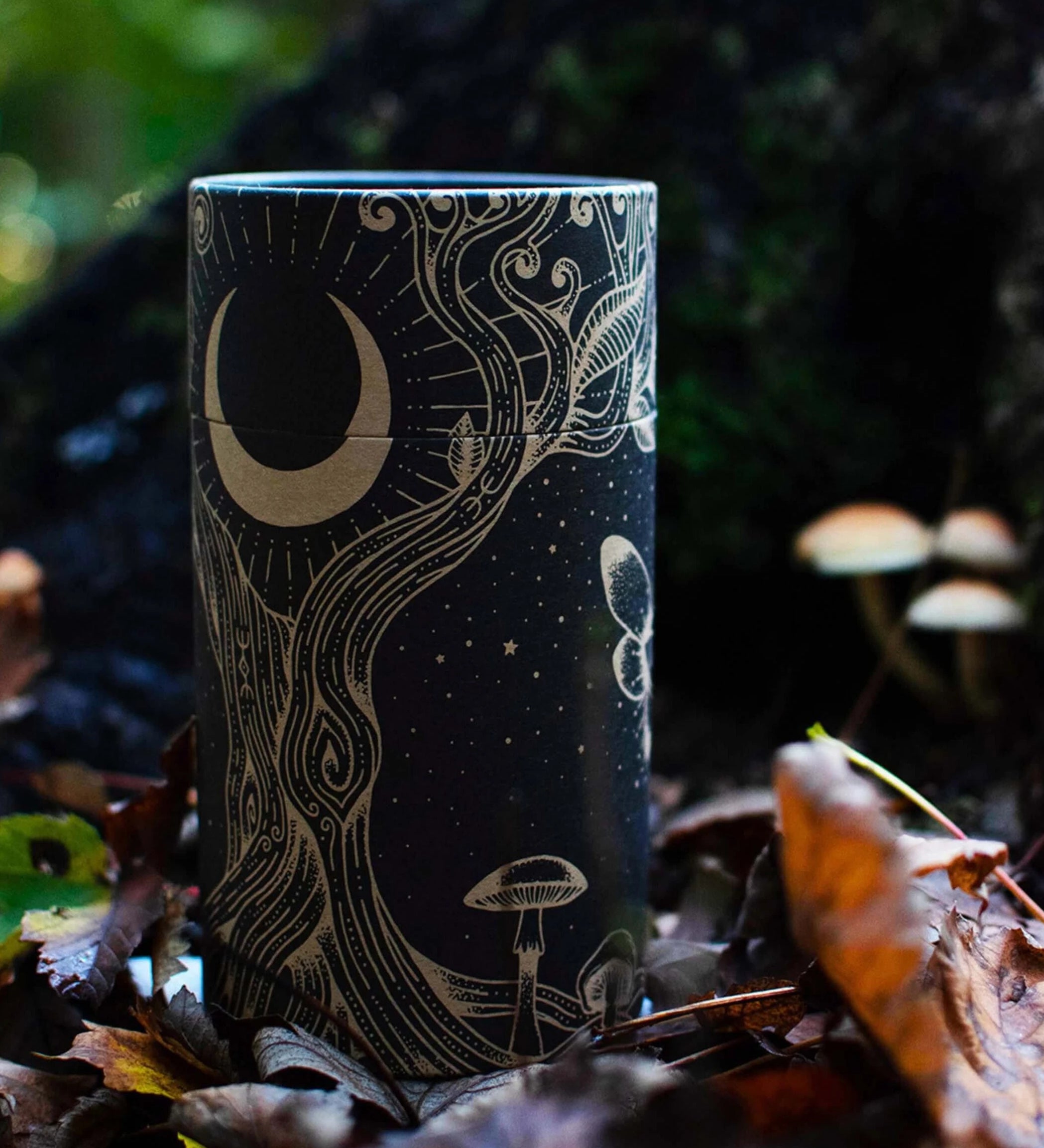What does a cheat day do to your body?

What happens on a cheat day when you give your body significantly more energy than it can use in a day?
To really take it to the extreme, let's assume a cheat day with 10,000 calories for this thought experiment. And let's say you moved well that day and did a lot of sport and burned 3000 calories including your basal metabolic rate. Then we still have a surplus of 7000 calories.
Roughly speaking, this corresponds to around one kilogram of body fat. Conversely, this means that you would have to burn 7,000 calories to lose one kilogram of body fat. A calorie is not always a calorie, depending on the usability of the food - but for this thought experiment we will start from this perspective.
The often unknown “TEF”: your body burns around 10% when using food
Then there is the so-called TEF (Thermic Effect of Food). This describes the body's additional calorie consumption through the metabolism of food. On average, this accounts for around 10% of the total amount of calories consumed. Therefore, it is also advisable to prefer eating foods that require a lot of energy for the body to metabolize, i.e. foods in unprocessed form (vegetables, nuts, proteins, etc.).
The type of energy is also crucial. The body burns more energy digesting protein (up to 25%!). Your body can store fat almost 1:1 in the body. Carbohydrates have an average cost of around 7% for utilization. You can read more about proteins and why they are one of the most important nutrients here.
But first let’s continue with our cheat day calculation example:
In our thought experiment, 10% corresponds to an additional 1000 calories that are not used - that still leaves 6000 calories too many. And you will notice this in the form of restlessness, sweating and fidgetiness, because your body is trying to get rid of some of the excess energy.
So let's assume that because of your restlessness you move around a lot that day - this falls under the so-called NEAT (Non-Exercise Activity Thermogenesis). So any other activity that burns calories without you specifically planning it as a workout or training, for example simply parking your car further away from the supermarket and taking a few more unplanned steps there.
Does one cheat day ruin a whole week's diet?
If you burn another 1,500 calories more through your NEAT on cheat day, you'll still have a good 4,500 calories left. That still equates to half a kilogram of body fat and can easily ruin a whole week of dieting for me.
Now some people may say: "Yes, I eat 10,000 calories but never on a cheat day" - yes, that may be true, but not everyone consumes 3000 calories. Eating far less is enough to achieve the same surplus.
So the cheat day - yes or no?
For me, the unused calorie surplus is not the only reason why I personally don't think much of a cheat day. For me, the torture of one's own psyche is more important. I don't want to have to give myself permission to eat junk that one day.
I can make complete and conscious decisions about what I want to eat and what not, at any time and not just one day a week. I want to find a diet that I'm happy with and doesn't feel like I'm constantly indulging in unhealthy food.
Where does your desire for fat and sugar come from?
There are actually only two reasons why you crave extremely fatty and sugary foods: either you are dissatisfied with your current life situation, stressed or under pressure and are looking to compensate through food, or your body is missing important micronutrients. This in turn causes a neurotransmitter imbalance, which means your hormones and metabolic processes are out of balance.
An imbalance is never good because, like all other living things, we are still an organism that naturally tries to reproduce and requires all the necessary nutrients to do so. If we are missing something from the latter, we are sent emergency signals that tell us that we have to make sure we get the missing energy in as quickly as possible. And which foods are high in energy? – well, of course, fat, sugar… chocolate, pizza. Yes Yes Yes…
The problem is that our bodies unfortunately don't think in the long term, but rather live in the moment. He doesn't know that the bakery counters will still be full tomorrow. Your body wants the energy as quickly as possible. That's why we often crave chips and chocolate with quickly available sugars and fats more than a dry rice cake, in which starch molecules first have to be broken down in order to be usable as carbohydrates by the body.
Cheat days: torture for your own psyche
If we allow ourselves to eat everything we want for one day and what we may have forbidden ourselves during the week, it rarely stays within reasonable limits. We literally escalate because we say to ourselves, “You’re only allowed today, I’ll take advantage of that now,” because clean eating is going to be the order of the day again anyway. We then tend to shovel food into ourselves even though we are actually full for a long time.
I have often seen eating disorders develop from this way of thinking because the relationship to healthy levels is simply lost. Following the escalation, we get angry with ourselves. We are angry and disappointed in ourselves and we try to be even harder on ourselves, to forbid ourselves even more and boom the desire starts all over again. A cycle.

Is a cheat day a “cheat” on your own body?
So it starts with the name “Cheat” Day. Personally, I don't want to cheat on my own body and subject it to this overconsumption because I value treating myself as well as possible. And that also includes a healthy diet. I also don't want to give my body an overconsumption of sugar and fat for just one day, because that would only give me very short-term enjoyment and energy, but not long-lasting performance.
"Then why are you making recipes with Lykaia that are called Chocolate Protein Oatmeal and look like a sugar-loaded half baked brownie?"
Quite simply because even the background knowledge of how these sugar cravings arise cannot lead us to view nutrition as something completely functional. We are still human and nutrition ALWAYS has to do with enjoyment, taste and often also culture and social gatherings. For most people, healthy eating is not a question of knowledge. We usually know pretty well what is good for us and what is not. But that doesn't make it any easier for us to walk past the cake counter at the bakery, as if we hadn't seen the glazed cinnamon rolls and Streuseltalers shining there.
Be worth it to yourself, from the content to the presentation
For me personally, carelessly slapped together, dry lumps of rice with broccoli and chicken doesn't work. And I can only imagine a breakfast of cement-like and untopped oatmeal porridge for a short time or in extreme hunger phases. However, physical success can usually only be achieved with patience and a routine diet over a longer period of time.
The demands on the quality of my food coupled with the desire for a slim and toned body led me to become keen to experiment and develop creations that offer a good alternative. I think I can no longer prepare food that isn't halfway healthy and looks appealing, and that's because I think it's worth taking the time for myself. We only have one body in our lives and we can decide for ourselves how we care for it and how much time we spend on our health.

And if it ever comes to you and you really want to “cheat”?
If I really have a strong desire for (often a specific) “unhealthy” food over a longer period of time and I am sure that this desire is not the result of stress or compensatory behavior, I of course allow myself to pursue it. As long as this is limited to individual meals and remains to a healthy extent. I try not to think of this as a “cheat” but to enjoy it consciously and in moderation, with the idea that I could have it at any time, but consciously choose to make it an exception. Maybe my body is actually missing something that I can get from this food and cannot (yet) understand myself.
By the way, it is interesting that cravings for sugar and carbs decrease after a certain period of abstinence from sugar. You will then notice how you feel less and less like sweets and are already satisfied with a banana or a sweet porridge. So you can wean your body off the sugar again and positively reprogram your intestinal bacteria. Anytime and again. Because we are adaptable and learn quickly.
The same applies to the huge amounts of additives that we consume through many processed products. If you have consumed little of it for a few days or even weeks, you will slowly distance yourself from processed products.
You can read more about processed products and additives in food here.
I hope this post was able to clarify some questions for you. Do you have experience with cheat days? If yes, which? Share them with me in the comments - I look forward to your impressions and experiences!
Your Lykaia team
Jana Baltscheit
0 comments






